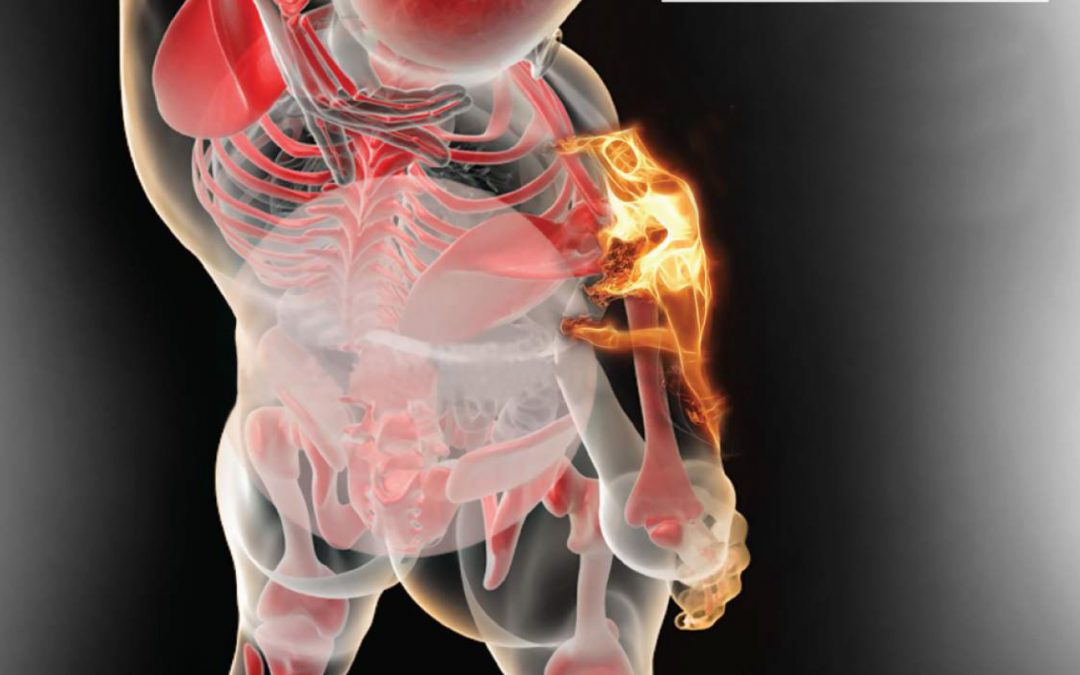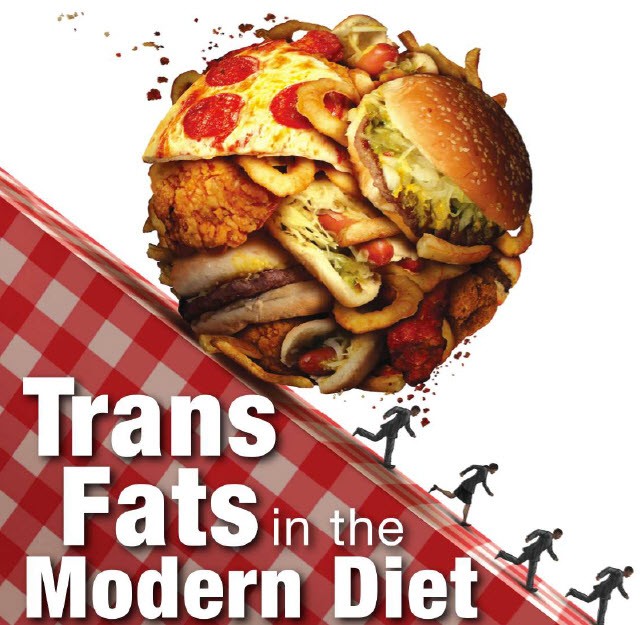What does the word inflammation bring to your mind? Ask anyone and most of the time they will say that inflammation is bad thing, and that we should minimize inflammation in our bodies as much as possible.
What if our impression of inflammation has been wrong all this while? What if inflammation or certain types of inflammation is in fact really beneficial for our body?
What is inflammation?
Let’s get back to basics to find out what exactly inflammation is.
Inflammation is an important part of the body’s defence mechanism against foreign invaders such as viruses and bacteria; and to repair damaged tissue. It is the white blood cells that release chemicals into the blood or affected tissues to protect your body from foreign substances. This increases the blood flow to the area of injury or infection, resulting in redness, warmth and in some cases swelling. It is also needed by the body to heal itself after an injury.
Without inflammation, cuts will become septic and infections could become fatal.
Inflammation is often identified by swelling, redness, pain and immobility.
Two types of inflammation
There are two types of inflammation: acute and chronic low-grade inflammation. Acute inflammation arises after a cut in the skin, or an infection that attacks a specific part of the body (i.e. throat, lungs, tonsils, etc.). It is often short term and the effects subside after a few days.
Chronic low-grade inflammation, on the other hand, is long term and occurs in a more systemic manner. This type of inflammation would normally affect a larger part of the body (i.e. skeletal system, digestive system, arteries, etc.). Habitual or environmental factors, such as excess weight, poor diet, lack of exercise, stress, smoking, pollution, poor oral health and excessive alcohol consumption can also lead to systemic/chronic low-grade inflammation.
Often, acute inflammation is thought as “good” because it is the body’s attempt to heal itself after an injury and systemic/chronic low-grade inflammation as “bad”. However, this is not a very good distinction between the two. Regardless of the type, inflammation is the body’s natural response to a problem and it is the body’s own way of telling us that something is wrong.

Systemic/chronic low-grade inflammation can also cause auto immune diseases, this happens when the body sends an inflammatory response to an internal threat that isn’t really there. This causes the immune system to begin attacking organs, cells, and tissues.
Researchers are still working to understand all the effects of systemic/chronic low-grade inflammation on the human body, but it is clear that it affects the body in many ways. For example:
Heart Disease
Systemic/chronic low-grade inflammation has been linked to cardiovascular diseases. Inflamed blood vessels and growing fatty plaque can cause blockages and clot, which can cause heart attacks.
Diabetes
Increased insulin resistance and elevated blood sugar are usually caused by systemic/chronic low-grade inflammation. In addition to increasing the risk for diabetes, insulin resistance can increase weight gain in most people.

Lung problems
Systemic/chronic low-grade inflammation in the lungs can cause problems like asthma. When the lungs are inflamed, it can cause fluid to accumulate, the narrowing of the airway and breathing difficulties.
Bone Health
Bone loss and lack of bone growth can be caused by systemic/chronic low-grade inflammation. On top of that, inflammation in the digestive system can prevent the absorption of nutrients like calcium and vitamin D which are important for bone health.

Depression
A 2015 study found that people who are depressed had more inflammation in the brain as compared to those who were not depressed. Furthermore, inflammation has been linked to symptoms of depression, including loss of appetite and sleep problems.
Cancer
According to the Mayo Clinic, scientists are investigating if systemic/chronic low-grade inflammation is a contributing factor in cancer development. However, some systemic/chronic low-grade inflammatory diseases (i.e. pancreatitis and Crohn’s disease) can increase a person’s risk of cancer. And cancers caused by infectious agents are characterized by one thing: systemic/chronic low-grade inflammation.
Anger and aggression
One study found that people with anger and aggression tend to have higher levels of C-reactive proteins (CRP) which is an inflammatory marker. Researchers are still not sure how these two factors are linked.

Anti-inflammatory drugs
Whenever someone is afflicted by inflammation, their most common reaction would be to seek medical help. Most doctors would prescribe anti-inflammatory drugs. Aspirin, naproxen, and ibuprofen are the most common non-steroidal anti-inflammatory drugs (NSAIDs). They are used to treat fever, pain and swelling. Doctors may also prescribe these to treat more chronic conditions such as arthritis and back pain.
Corticosteroids which are often found in inhalers for people with asthma are another group of anti-inflammatory drugs. These drugs reduce inflammation by reducing the production of chemicals involved in inflammation. However, they also reduce the activity of white blood cells, which would alter the immune system in a negative way.
Although taking these drugs may be the convenient “solution”, it only covers the symptoms while leaving the real problems unsolved. On top of that, side effects tend to occur when they are used for a longer period (months or years).

All prescriptions of NSAIDs have a warning that they may increase the chance of having a heart attack, stroke, and stomach bleeding. If you are currently taking NSAIDs or corticosteroids, it is important that you go through the following list of common side effects:
- Stomach pain and heartburn
- Stomach ulcers
- A tendency to bleed easily, especially when taking aspirin
- Headaches and dizziness
- Ringing in the ears
- Allergic reactions such as rashes, wheezing, and throat swelling
- High blood pressure
- Leg swelling
- Oral thrush
- Rapid heartbeat
- Nausea
- Insomnia
- Fluid retention
- Mood changes, such as feeling irritable or anxious
- Osteoporosis
- Diabetes
- Weight gain
- Lowered immunity
- Cataracts and glaucoma
- Thinning of the skin
- Muscle weakness
- Liver or kidney problems. (If you have any kidney problems, please check with your doctor before taking NSAIDs or corticosteroids.)
People concerned with systemic inflammation should incorporate diet and lifestyle changes that reduce inflammation rather than depending on drugs.
Anti-Inflammatory Diet
Inflammation is often characterized by redness, warmth, swelling, and sometimes pain and some immobility. It is part of our immune system’s natural response to heal an injury or tight an infection. It should stop after the healing process is complete. For example, when you sprain your ankle, your ankle will start to throb and swell, the body will release proteins called cytokines as “emergency signals” that bring in your body’s immune cells, hormones and nutrients to fix the problem.
However, when inflammation persists or serves no purpose, it damages the body and causes illness. This is called chronic inflammation, the root cause of many chronic illnesses.
Stress, lack of exercise and exposure to toxins can all contribute to such chronic inflammation, but diet plays a big role as well. By learning how specific foods promote anti-inflammatory action and restore health at a cellular level, you can begin to repair the body without any drastic measures.
Let’s take a look at 10 of the best anti-inflammatory foods you can add to your diet.

Green Leafy Vegetables
Dark leafy greens such as kale, spinach, collard greens and Swiss chard are rich in antioxidants that restore cellular health, as well as anti-inflammatory flavonoids. If you struggle to consume whole portions of green leafy vegetables, simply juice them with NewLife™’s Alpha Juicer. They can be juiced with fresh fruit such as oranges or pineapples to make them more palatable.
Alternatively, NewLife™’s Super Green Food Plus and Spirulina are excellent supplements to get more greens into your diet. They are concentrated sources of vitamins, minerals, amino acids, enzymes, chlorophyll and powerful antioxidants.
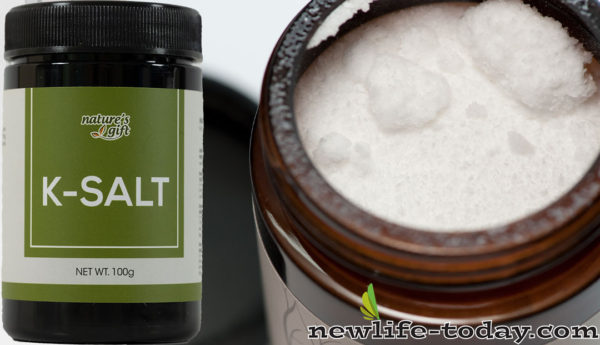
Potassium Rich Food
Balance is the key to a healthy body free of inflammation. A good example of mineral balance tied to inflammation is the proper mix of sodium-rich foods and potassium-rich foods. Sodium brings in fluid and nutrients, while potassium flushes toxins. A high sodium (high salt) diet can tip this delicate balance. Without this balance, toxins can build up in the body and promote inflammation.
Health experts recommend an intake of at least 5 times more potassium than sodium. To reconstruct healthy cells, we must replenish potassium levels in the body. Besides, cutting down salt intake and taking more high potassium food, supplementing with natural, specially formulated potassium such as NewLife™’s K-Salt is the perfect antidote for poor health.
Broccoli
Broccoli is high in both potassium
(and magnesium, and it is an antioxidant powerhouse, containing key vitamins, flavonoids and carotenoids. These work together to lower oxidative stress in the body and help battle both chronic inflammation and the risk of developing cancer.
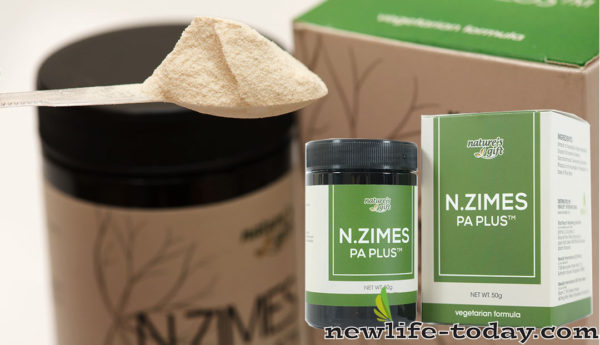
Pineapple
Pineapple is filled with phytonutrients – high in vitamin C, vitamin B1, potassium, manganese and many other antioxidants. It also contains bromelain, a powerful digestive enzyme that helps regulate immune response and prevent unwanted inflammation.
Another key supplement to controlling inflammation is NewLife™’s N. Zimes PA Plus™, which contains a complete spectrum of enzymes including bromelain.
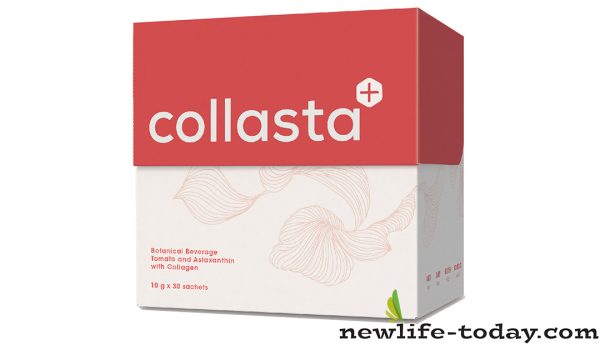
Food with Deep Colours
A marker that a food is chock-ful of antioxidants is their deep colour. These foods are rich in antioxidants and provide a convenient source of nutrients that fight to repair the cell damage caused by inflammation. Dragon-fruit, beet root, blueberries are prime examples.
Antioxidants help to reduce and control inflammation in the body, which in the long run, contribute to disease prevention, better health, and increased well-being.
Another source of super antioxidants is Astaxanthin. It has antioxidant capacity up to 550 times stronger than vitamin E and 40 times stronger than beta-carotene. NewLife™’s Collasta contains a generous amount of astaxanthin extracted from red algae and other ingredients such as hydrolysed marine collagen, grapeseed extract, green tea extract, pine bark extract, lycopene and mangosteen extract.
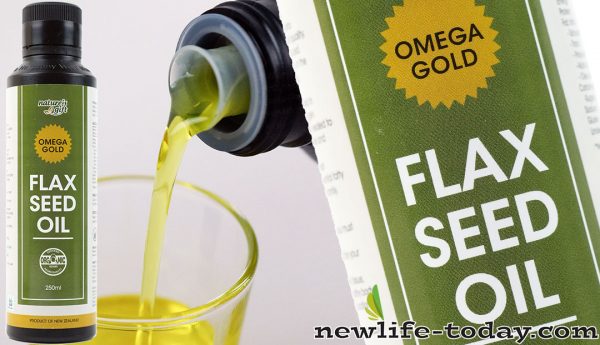
Omega-3 Fatty Acids
While the human body needs only about 2 to 4 times more Omega-6 than Omega-3 fatty acids, our daily diet tends to contain an excessive amount of Omega-6 fatty acids from all the vegetable oils that are commonly used for cooking or found in processed food – about 14 to 25 times more! In other words, our body is oversupplied with Omega-6 and deficient in Omega-3. Health experts believe that this imbalance has contributed to the rising rate of inflammatory disorders and other related health conditions. To correct this imbalance, we need to consume more Omega-3 while reducing Omega-6.
Low Omega-3 level reduces cell membrane permeability, causing inefficient transport of oxygen and nutrients to the cells, which consequently leads to degeneration of cells and health problems. Omega-3 is essential for maintaining healthy heart function, immune function, brain function, and nervous system.
Flax seed oil is one of the best sources of natural Omega-3. Most people suffer from a deficiency of the Essential Fatty Acids (EFAs) contained in flax seed oil. EFAs are necessary fats that humans cannot synthesize, and must be obtained through diet. EFAs support the cardiovascular, reproductive, immune, and nervous systems.
NewLife™’s Omega Gold Flax Seed Oil assures the highest quality oil. which is extracted from organically grown golden flax seeds using a cold-pressing process, which eliminates the damaging effects of light, oxygen, and heat.
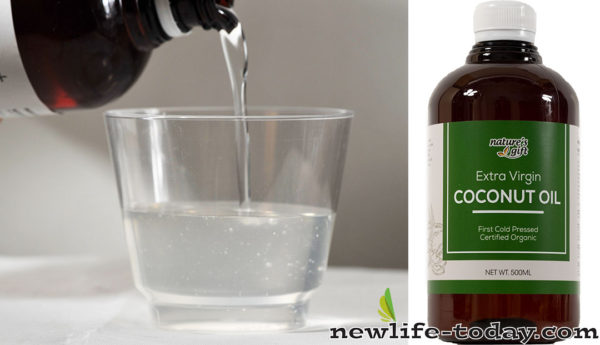
Coconut Oil
In many recent studies, the lauric acid in virgin coconut oil was found to reduce inflammation in cells. It worked as both an analgesic and anti-inflammatory.
One to two-spoonful of virgin coconut oil a day goes a long way. NewLife™’s Extra Virgin Coconut Oil is cold pressed and naturally processed, from freshly harvested organic mature coconut.
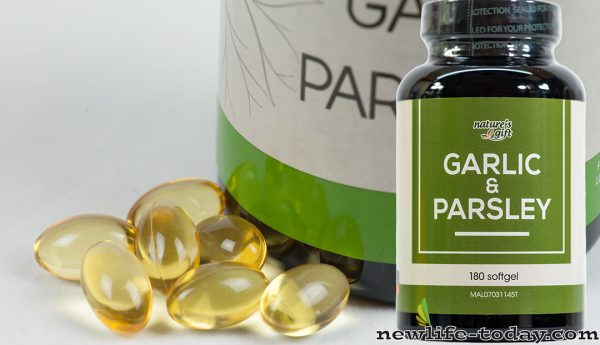
Garlic & Onion
These pungent vegetables are considered anti-inflammatory superstars. Organosulfur compounds derived from garlic may lower the production of substances in the blood that boost inflammation. Quercetin, a flavonoid in onions, helps inhibit inflammation-causing agents at play in arthritis.
For the greatest benefits, eat garlic raw. Opt for red or yellow onions or shallots instead of white or sweet varieties. If eating garlic raw is not your thing, take NewLife™’s Garlic & Parsley as a daily supplement and immune booster instead!
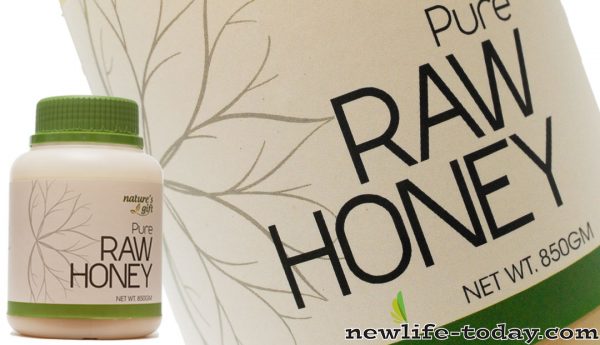
Raw Honey
For centuries, man has turned to raw honey to promote energy and healing. Multiple studies have found honey to be effective in alleviating symptoms of inflammatory diseases, such as Irritable Bowel Syndrome. Honey is full of anti-inflammatory polyphenols, carotenoids, antioxidants, and vitamins.
But only unpasteurised, unprocessed and unheated raw honey provides all of the God-given health benefits as the process of pasteurising destroys the enzymes and the nutrients in the honey.
NewLife™’s Pure Raw Honey is produced from hives located in the lush pastures and leatherwood rainforests of New Zealand, in areas that are entirely free from insecticides and pesticides!
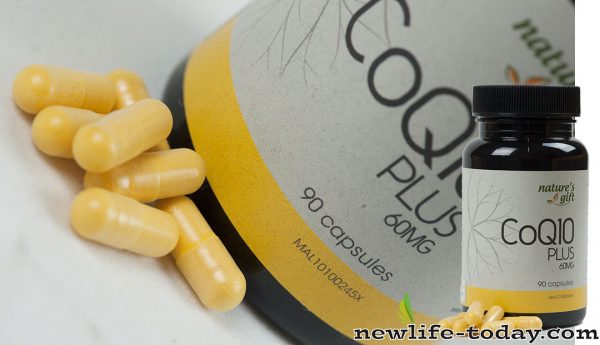
Coenzyme Q10
CoQ10 (short tor Coenzyme Q10), though the name may not sound very natural, is in fact an antioxidant that your body produces naturally. Your cells use CoQ10 for growth, healing, and the production of energy. Clinical evidence has suggested that CoQ10 has potent effects on inflammatory markers.
CoQ10 found is found in meat, fish and whole grains. However, the amount of CoQ10 found in these dietary sources is not sufficient to significantly increase CoQ10 levels in your body.
Besides, levels of CoQ10 in your body also decrease as you age.
Hence, taking a CoQ10 supplement is essential. NewLife™’s CoQ10 Plus is an
advanced formula, synergistically blended with essential fatty acids in flaxseed concentrate to enhance bioavailability.
Inflammation-Causing Offenders
Once you find foods that heal your body and satisfy your palate, you can then remove those inflammation-causing offenders without feeling deprived.
Below are the common culprits that raise inflammation. It you’re constantly chomping on these items, your body will gradually transition into a state of chronic inflammation. So watch out and stay away from:
- fried foods
- refined flours
- refined sugars
- hormone- and antibiotic-laden animal products
- synthetic sweeteners
- artificial food additives
- oxidized cholesterol (cholesterol that has gone rancid, such as that from overcooked food)
- foods cooked at high temperature, especially if cooked with vegetable oil (such as peanut, corn and soy)
- trans fat: margarine, vegetable shortening, and all products listing them as ingredients or made with partially hydrogenated oils of any kind.
In a nutshell, some foods can drive inflammation and raise your risk of chronic disease, while some foods reduce inflammation and heal your body. Every bit counts. Start moving towards an anti-inflammatory diet today!
